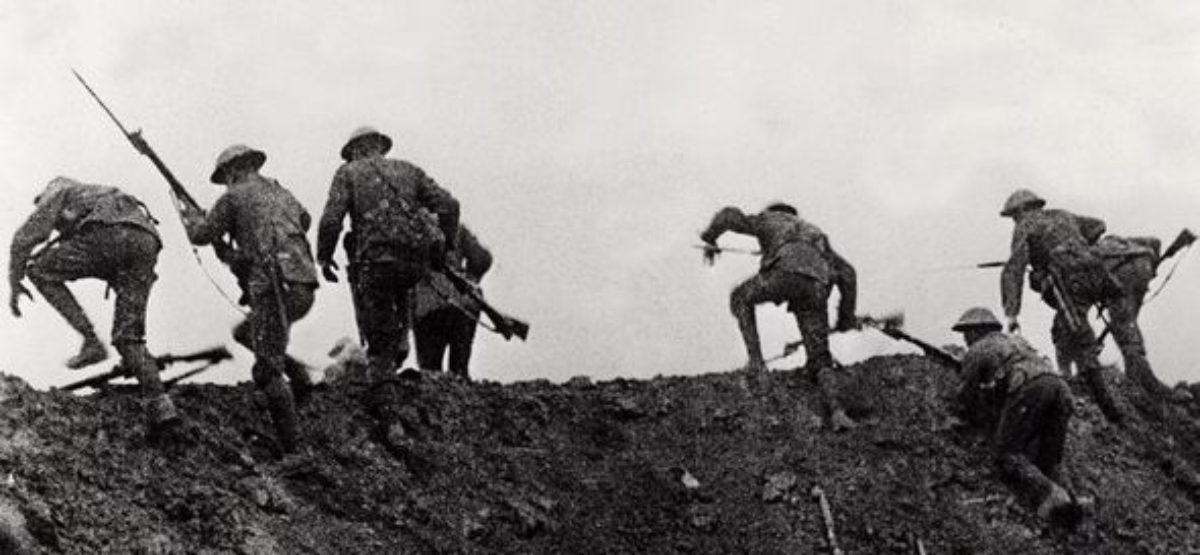Ypres Battlefield Tours guide and author Roger Steward joins Professor Mark Connelly of the University of Kent, Canterbury, to discuss a new remembrance project: the New Ypres League.
A remembrance project aimed at preserving the memory of soldiers from all nations who fell in the Ypres Salient during the Great War, the New Ypres League is based on the original Ypres League that was present in Ypres in the years after the First World War.
Where to join –
New Ypres League vzw: www.newypresleague.com
If you’re in Ypres, Belgium, contact Roger for tour details –
Ypres Battlefield Tours: www.ypresbattlefieldtours.be
The BFWWP is on Patreon: https://www.patreon.com/BattlesoftheFirstWorldWarPodcast.
Any questions, comments or concerns please contact me through the website, www.firstworldwarpodcast.com. Follow us on Twitter at @WW1podcast, the Battles of the First World War Podcast page on FaceBook, and on Instagram at @WW1battlecast. Not into social media? Email me directly at verdunpodcast@gmail.com. Rate, review, and subscribe to the Battles of the First World War Podcast on iTunes or wherever you get your podcasts.
Check out this episode!
